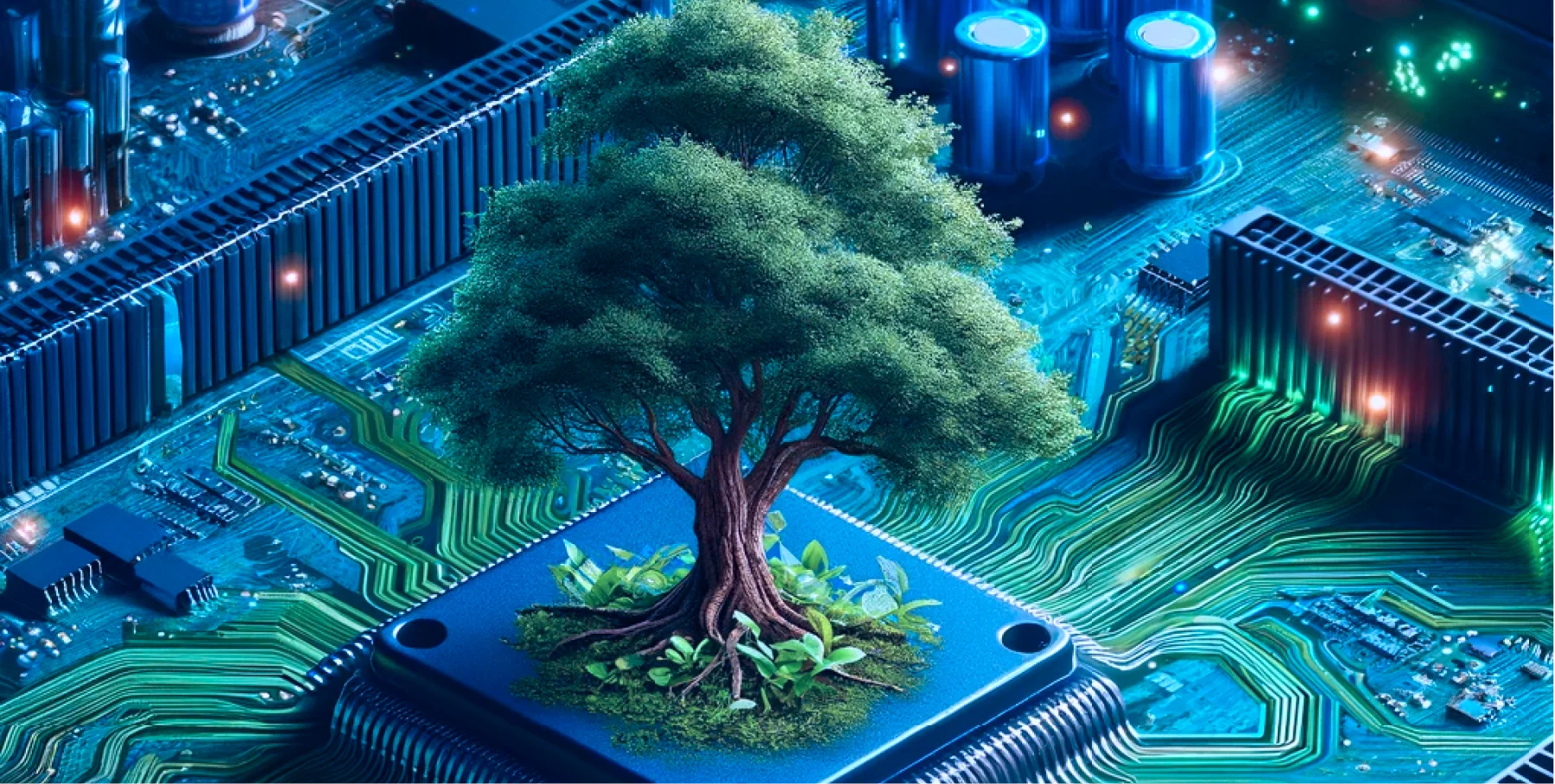Tackling Climate Change with AI: Path to a Sustainable Future | Dubai AI Web3 Festival

Climate change is one of the most urgent issues facing the world today. As we approach the halfway point to the 2030 climate deadline, it’s becoming increasingly clear that the world is on track to exceed the 1.5 degrees Celsius global temperature limit set by the Paris Agreement. This has put immense pressure on major oil-dependent economies to lead the charge in sustainability. Recent advancements in Artificial Intelligence (AI) offer a glimmer of hope, providing these nations with the tools needed to diversify their economies and drive the global sustainability movement.
One country at the forefront of this effort is the United Arab Emirates (UAE). The UAE is actively integrating AI-based solutions into its economic framework, aligning with the United Nations’ Agenda 2030 Sustainable Development Goals (SDGs). By adopting a circular economy approach, the UAE is fostering an innovative ecosystem where AI is being leveraged to reshape key sectors such as healthcare, education, and water resource management. These AI-driven solutions are proving to be crucial in bridging the gap between equitable growth and a sustainable future.
AI as a Catalyst for Sustainable Transformation
The UAE’s commitment to sustainable development is evident in its strategic integration of AI across various sectors. By aligning with the SDGs, particularly in education, water management, and healthcare, the country is paving the way for a more equitable and sustainable future. In education, AI is revolutionizing the learning experience. Personalized learning programs, powered by AI, are helping students overcome barriers by identifying gaps and providing targeted interventions. This approach not only enhances the learning process but also contributes to achieving SDG 4, which focuses on ensuring inclusive and equitable education for all. The healthcare sector is another area where AI is making a significant impact. With the help of detailed data analysis and advanced diagnostic tools, doctors can now personalize treatments, improving their efficacy and accessibility. This aligns with SDG 3, which aims to ensure health and well-being for everyone. Through these proactive approaches, the UAE is setting a precedent for how AI can drive societal progress.
AI in Water Security:
Addressing a Critical Challenge Water security is a pressing issue in the MENA region, home to over 6% of the global population but with access to only 2% of the world’s freshwater resources. A Global Business Outlook article predicts that by 2025, 3.5 billion people worldwide will be living in water-stressed areas, making water management a critical challenge. The UAE is tackling this challenge head-on by implementing AI-driven solutions in urban planning and water resource management. Smart irrigation systems, for example, are using real-time data to optimize water distribution, reducing waste and ensuring precise irrigation. A prime example of this is the system deployed in Masdar City, which monitors soil conditions and determines the optimal time for irrigation, significantly reducing water wastage. AI is also playing a pivotal role in enhancing desalination processes, a key component in meeting the UAE’s growing demand for clean potable water. By deploying advanced AI algorithms, desalination plants can monitor operations, predict potential issues, and perform proactive maintenance. This not only reduces operational costs but also ensures a more reliable water supply, essential for the UAE’s expanding population and industrial needs. Through these innovations, the UAE is making significant strides towards achieving SDG 6, which focuses on clean water and sanitation for all.
The Future of AI in Sustainable Development
As AI continues to evolve, its applications in water management and other critical sectors will become even more sophisticated, further enhancing efficiency and sustainability. The UAE’s efforts serve as a model for other regions facing similar challenges, demonstrating that innovative solutions can pave the way towards a sustainable future. However, the deployment of AI in the economy must be accompanied by careful ethical considerations. Transparency and accountability are essential to prevent bias and ensure that AI systems are fair and equitable. By using diverse datasets and considering ethical implications during the design process, the UAE can develop sustainable AI solutions that benefit all stakeholders. Collaboration between governments, businesses, and academia will be crucial in realizing AI’s full potential in driving sustainable development.
Join the Conversation: Dubai AI and Web3 Festival 2024
To further explore the convergence of AI and sustainable development, the Dubai AI Campus is hosting the inaugural Dubai AI and Web3 Festival on September 11-12, 2024. This event will bring together AI and Web3 innovators, thought leaders, and government officials to discuss the impact of these technologies on the UAE’s vision for a sustainable future. If you’re interested in being part of these thought-provoking sessions, be sure to book your spot today.